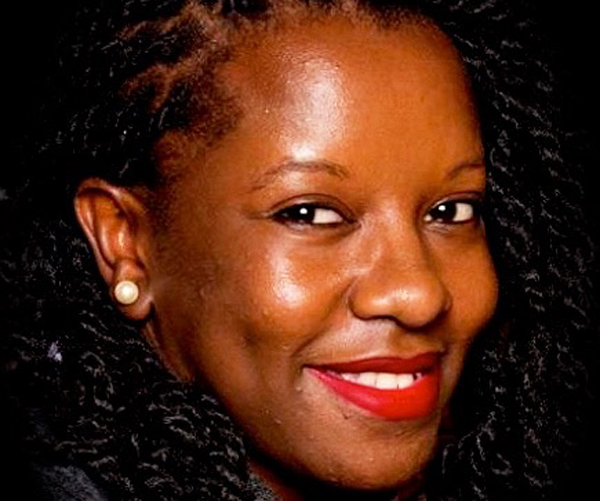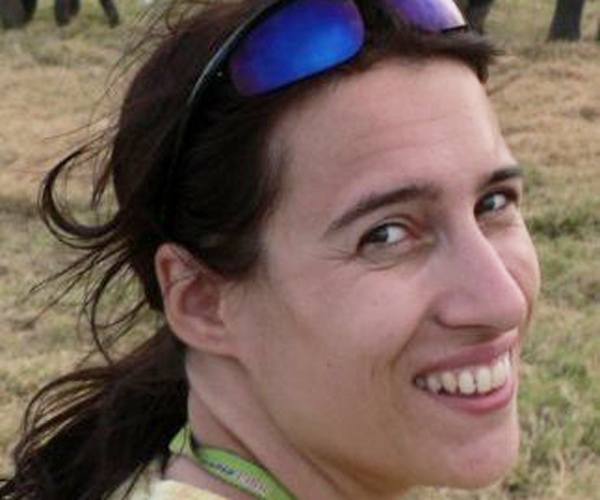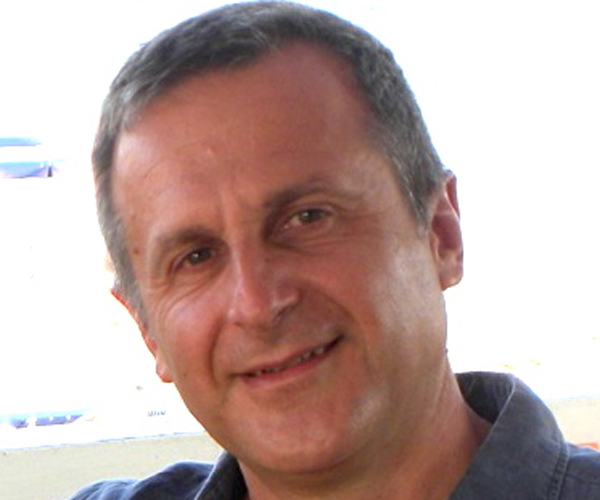Every day, 2.5 quintillion bytes of data – that is 2.5 followed by 18 zeros – are created in the world. This data flows from social media websites, climate monitoring stations, health information, business transactions – from everywhere. Their collection, analysis and management can shape future policy and global decisions, provided that these masses of data are effectively collected, stored and analysed.
Developed countries and some emerging countries are moving ambitiously into this new field made possible by the digital revolution. But what about developing countries? How can they exploit the opportunities created by big data?
The importance of big data for the development in the South will be the focus of a roundtable organised by TWAS at the 2016 edition of Trieste Next. The free event – Global Challenges: Is Big Data the Answer? – will be held Friday 23 September at 18:00, at a gazebo in Piazza Unita' d'Italia in Trieste, Italy.
Three experts from Africa, Italy and the UK will present the state of the art of big data, with a focus on the growing "digital divide" between poor and affluent nations.
The speakers in TWAS's event are: Leonida Mutuku, the co-founder and CEO of Intelipro, a Kenyan consultancy that builds data products and analytical tools for financial and retail organisations; Sabina Leonelli, an Italian who serves as co-director of the Exeter Centre for the Study of the Life Sciences in the UK; and Claudio Sartori, a full professor of information processing systems in the department of computer science and engineering, University of Bologna. Italian journalist Alessandra Ressa will chair the event.
Leonida Mutuku will offer a South-oriented perspective on the potential of big data. "It is difficult to solve problems you can’t quantify," says the entrepreneur. "And the use of big data enables Least Developed Countries to determine the extent of problems like food and water, energy and electricity, sanitation, and primary education before setting a roadmap to solve them."
For Leonelli, who also leads a group focused on open science for the Global Young Academy, it is imperative that North and South work together to support less affluent nations in education, technology and analysis needed to exploit the power of big data.
"Several studies indicate strong inequalities around the world in researchers’ access to infrastructure, software, skills and networks, as well as relevant training and support needed to access, interpret and share big data," she observes. "It is imperative that substantial effort is directed to addressing such inequalities as much as possible, so as to avoid the entrenchment of yet another form of divide between high-income and low-income countries."
Claudio Sartori adds: "Big Data are a great opportunity for society. The opportunity can be seized if three conditions are met. Data factor: large amounts of data must be available for the society in general, and not only for a small number of big companies. Human factor: the ability to analyze the data is widely spread. Political factor: there is willingness to make decisions based on the evidence deriving from data."
Trieste Next is the annual European Fair of Scientific Research that will be held in Trieste, Italy, from 23 to 25 September. TWAS has been a strong presence in the event, which is now at its fifth year, offering perspectives and reflections on topics that have an impact on developing countries.
This year the three-day event is addressing the transformation that people and society are undergoing due to the massive infiltration of technology in daily life.
Biological evolution, socio-cultural changes and technology grow together and intertwine, shaping new frameworks where humans may be enhanced and re-invented through science and technology. How will science and technology carve our future? Where will the human enhancements lead in the years to come?
Trieste Next will bring almost 120 speakers to the city centre, including scientists, journalists and policymakers, plus several thousand visitors from abroad.
Trieste is the City of Science, hosting two universities, one scientific and technological park, more than 30 scientific institutions and a huge number of scientists (more than 35 researchers per 1,000 employees, versus the European average of less than six scientists per 1,000 employees). Trieste and Trieste Next are a natural forum for exploring big changes that affect our society and our lives, and for bringing together scientists and engineers in a dialogue with the public.
Cristina Serra
Leonida Mutuku is technology researcher, data scientist, entrepreneur, investor. She is the co-founder and CEO of Intelipro(http://intelipro.co/), Kenya, a consultancy that builds data products and analytical tools for financial and retail organisations. She has done research on open data and big data in developing countries.She led the research and data science teams at iHub (2011-2015). In these roles, she spearheaded a team of local researchers to conduct groundbreaking research on the role of open data in increasing access to information; the potential for technologies and big data to improve governance and urban resilience and; financing technology startups in Africa.
Sabina Leonelli is an associate professor in philosophy and history of science. She serves as the co-director of the Exeter Centre for the Study of the Life Sciences, where she leads the data studies research strand (www.datastudies.eu). She is also the open science lead for the Global Young Academy and a member of the Open Science Policy Platform of the European Commission. Her research focuses on the philosophy, history and sociology of data-intensive science, especially the research processes, scientific outputs and social embedding of open science, open data and big data. Her book Data-Centric Biology: A Philosophical Study was published this year by the University of Chicago Press.
Claudio Sartori is full professor of information processing systems in the Department of Computer Science and Engineering (DISI) of the University of Bologna in Italy, where he teaches data mining and principles of computer science. He leads the Master in Data Science programme at Bologna Business School.

